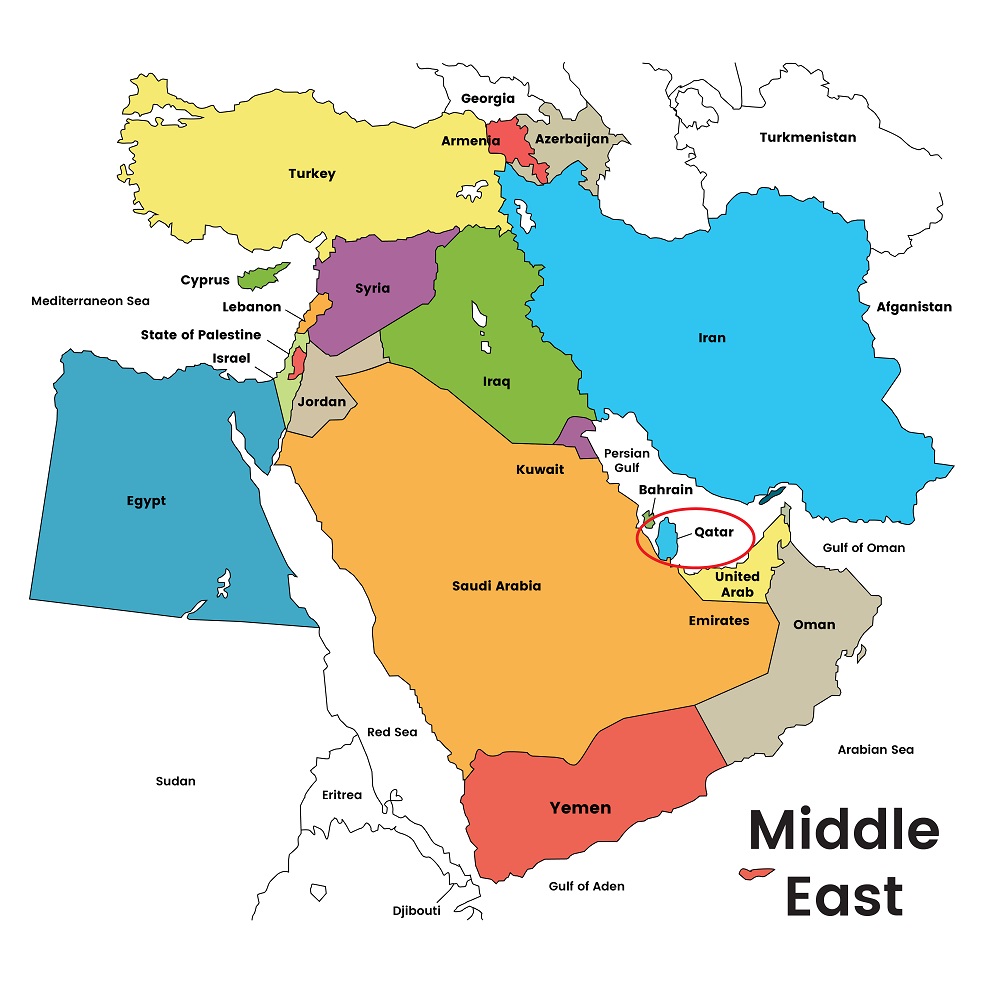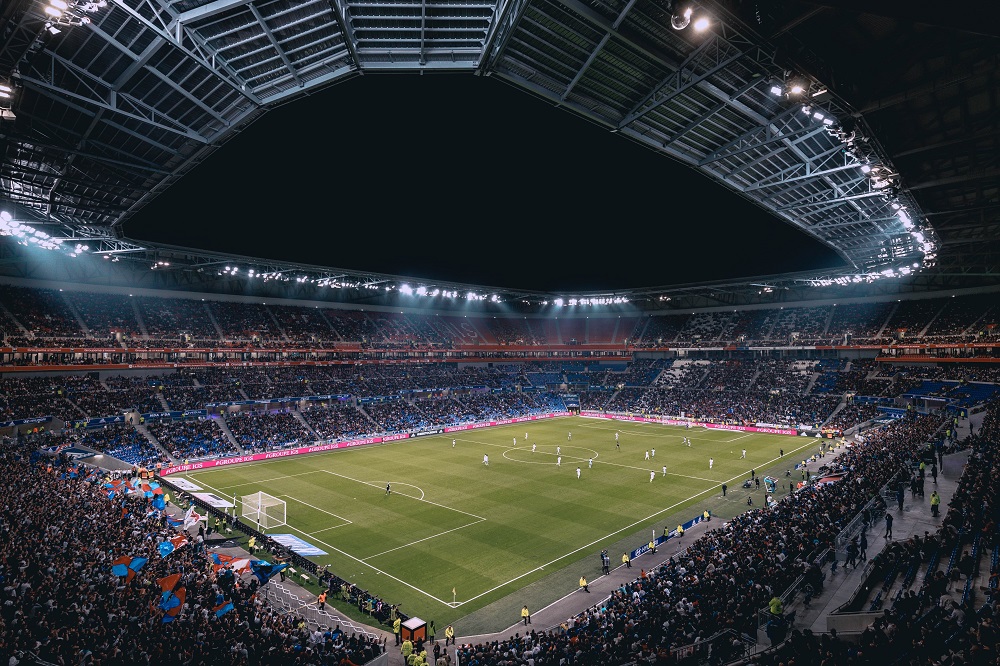The 2022 World Cup was nothing short of controversies, enormous spending, and high-level, spectacular performances, not to mention the scintillating performance of Argentina and how it sealed its victory with the 4-2 penalty win against France at the World Cup final on December 18, 2022. The inevitable question is whether the extravaganza was worth it, even for a small but gas-rich host like Qatar! The middle eastern country spent over $200bn preparing for the mega-event spanning over 12 years since it was awarded the rights to organize the most-watched sport by more than half the world. This, interestingly, is approximately 16 times more than the money invested in the previous 2018 World Cup held in Russia and other prior editions that now look incredibly cheap.
The organizers and especially Fédération Internationale de Football Association (FIFA), however, maintain that the FIFA 2022 World Cup has been a tremendous success, with approximately three million tickets having been sold by the mid of October and a record surge in TV audiences as the games ensued till the final day. While the tournament marks Qatar’s and the region’s foray into the sports world — with the Middle East heavily investing in European football clubs to the next Formula 1 race to be hosted by the region and Saudi Arabia’s LIV tour aiming to control professional golf — it has been marred by controversies right from the start.

Most notably, the ‘controversial host,’ Qatar, has been in the eye of the storm for its political system, religious and cultural beliefs, and forbidding women and LGBTQ communities and alcohol to the event (though it seemed to have lifted some rules to dodge criticism), and for using sports washing to cover its treatment and working conditions of migrant workers.
The host nation is also being criticized for disrupting the European league schedules, raising concerns over players’ exhaustion and injuries, apart from disputing its carbon-neutral approach to hosting the World Cup. FIFA made last-minute changes to the schedule by shifting the games towards the end of the year than hosting them in the summer to evade Qatar’s heat.
Read more: FIFA 2022 gets more Inclusive, Interactive, and Accurate
FIFA 2022 transforms greenfield in the semi-arid desert region
Qatar did not have the infrastructure, namely hotels, highways, or even stadiums, to hold the competition when it was selected in 2010 to host the biggest sporting event ever. As a result, the country employed ex-pats to build eight stadiums for the FIFA 2022 World Cup over a span of ten years. Even the cost of building the infrastructure for FIFA 2022 was questioned, with Russia’s news agency TASS stating that Qatari officials confirmed $200bn to be the highest total expenditure for building the infrastructure. However, TASS reports suggested the actual cost of building the eight stadiums to be $6.5bn, or roughly between $8bn and $10bn, as highlighted by the country’s Supreme Committee for Delivery and Legacy (SC) earlier in 2016.

Source: Google
It was the first time in 92 years that the quadrennial event arrived in the Middle East, making it the biggest sports event to take place in the region. It was also the first global event to be held post the Covid-19 restrictions that kept fans away from Beijing’s winter games and the Tokyo Summer Olympics. Additionally, it was also the first World Cup to have hosted events across 31 miles of Doha’s primary Corniche. However, the compact space was more of an advantage than failing, say, organizers, as most stadiums were connected to public transport, electric buses, and metro systems for people to access and travel quickly between games. Qatar also constructed new airports and districts within Doha, its capital city, as part of the tournament’s infrastructure projects.
Read more: Offsides: How FIFA’s New Semi-Automated Technology Can Change Football

Source: Ashghal, Qatar’s Public Works Authority
FIFA 2022 puts Qatar on the global stage
Despite controversies, FIFA 2022 has boosted Qatar’s international repute, with the country now looking to develop its infrastructure further and streamline its foreign policy objectives.
Qatar’s vision of a global society
FIFA 2022 World Cup Qatar is in line with Qatar’s long-standing quest to modernize its identity and make the country a business and tourism hub like its regional competitor Dubai. This is further reiterated in the Qatar National Vision 2030 (QNV 2030), which aims at making the country an advanced society, self-sufficient in developing and providing a higher quality of living for its citizens. In fact, the nation’s development goals are directly linked to the World Cup to promote the sustainability post the event.
It is not the first time that a sporting event has helped transform and resurrect a city. The 1992 Summer Olympics at Barcelona, Catalonia, Spain, for instance, is an archetypal tale of how tourism and infrastructure development assisted in reviving the Spanish economy.

Increasing research on the subject, however, points at the economic benefit of such mega-sporting events to be short-lived or a myth, with no visible boost in the long run. Qatar has been no different, with fewer fans having descended onto Doha in the first two weeks of the match against the estimated 1.2 million, unfinished apartments, empty buildings, fans returning to their home countries before the end of the World Cup due to expensive fan villages and dearth of tickets, and migrant and low-income workers eventually leaving the country as construction works dry up post the World Cup.
Read more: How is Cutting-edge Technology Transforming the Qatar FIFA World Cup 2022 Experience
Focus on boosting its non-energy economy
Qatar’s economy thrives on liquified natural gas (LNG) exports, which are mostly supplied to Asian buyers through long-term contracts. With a native population of just about 350,000 Qataris, the tiny country is poised for a bumper year, driven by soaring oil prices. The country is also looking to expand its capacity amid growing demand for LNG and Europe’s energy crunch.
However, the country has been striving to develop its non-energy economy with the bigger goal of becoming a regional tourism and business hub, and FIFA 2022 is the first step in the direction of realizing this goal. Qatar authorities claim that several projects were delivered before their timeline due to the World Cup deadline. A new city was built north of Doha, along with a state-of-the-art shipping port and a new metro system.

Source: Source: Ashghal, Qatar’s Public Works Authority, Bloomberg Intelligence
According to developers, about $45bn was spent on building Lusail city, north of Doha, which was a desert in 2010. It is expected to house as many as 200,000 people. The World Cup final between France and Argentina took place at the Lusail Stadium as planned.
Some challenges lying ahead of Qatar, however, include Europe’s waning dependence on fossil fuels that could make LNG less valuable. Qatar supplies almost a quarter of its LNG to Europe. Additionally, economists believe that non-energy commercial activity will slow down after the World Cup, leaving apartments, buildings, hotels, and residential units empty and incomplete.
Read more: 2022 FIFA World Cup Controversy: Should Migrant Workers be Given Compensation?
Continued investments in infrastructure development
One of the biggest downsides of hosting mega international sports events is the poor return on investments. As a result, despite Qatar’s economy getting a boost in 2022-2023 due to the FIFA 2022 World Cup, it is expected to witness a slump by 2024. The challenge for Qatar, therefore, is to build on the current infrastructure investments to maintain strong GDP growth. As construction slows down and expatriates retreat, the country will need to focus on modernizing its infrastructure further. This will help in expanding its transportation, business, and economic activities. Additionally, the construction of roads and ports is also likely to boost manufacturing activities.

Qatar authorities are already looking at utilizing the stadiums for local communities. The larger stadiums will be refurbished to encourage local football teams, while the smaller stadiums are expected to be converted into medical, educational, and business facilities.
Foreign policy goals
FIFA 2022 has given Qatar international recognition, thereby helping it gain local and transnational soft power. While the World Cup has led to its increased visibility and status quo, the government is focusing on using this as an opportunity to strengthen its national security. For instance, the government has introduced new methods and mechanisms to promote workers’ rights, such as the announcement of a new minimum wage program for ex-pats in 2020.
Qatar is also strategically located in a tumultuous region, surrounded by stronger resources such as UAE, Saudi Arabia, and Iran, and has been accused of funding terrorism in the past. This led to substantial unrest and trade fallouts in the region, with peaceful ties being restored only in 2021 with the help of US intervention. The World Cup fame now brings an opportunity for Qatar to ward off such threats in the future.
Read more: FIFA 2022 World Cup Qatar: Why is the Event Still Mired in Controversy

Soft-power gains
Despite doubts over the utility of the infrastructure that the country has built for the FIFA tournament, it is expected to provide some economic benefits and scope for soft-power achievements. However, the government is now focusing on repurposing its infrastructure developments and is bringing in new reforms to its migration policies to improve its foreign policy affairs.
Qatar’s power to leverage FIFA 2022 World Cup as a vehicle to improve its geopolitical position and GDP is now dependent on how it acts on its current strategies and assurances. While the Middle East is most likely to host more sports tournaments in the future, Qatar has positioned itself as an important hub for regional and global sports, trade, and communications.
With a presence in New York, San Francisco, Austin, Seattle, Toronto, London, Zurich, Pune, Bengaluru, and Hyderabad, SG Analytics, a pioneer in Research and Analytics, offers tailor-made services to enterprises worldwide.
A leader in Market Research services, SG Analytics, enables organizations to achieve actionable insights into products, technology, customers, competition, and the marketplace to make insight-driven decisions. Contact us today if you are an enterprise looking to make critical data-driven decisions to prompt accelerated growth and breakthrough performance.

